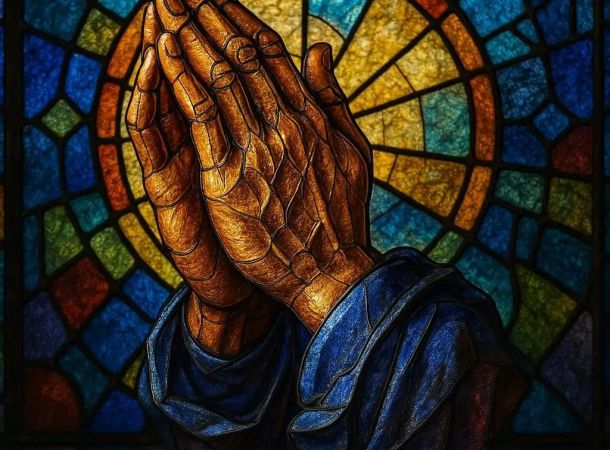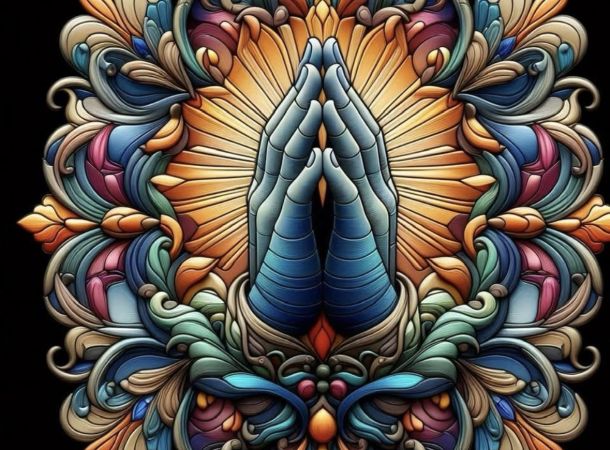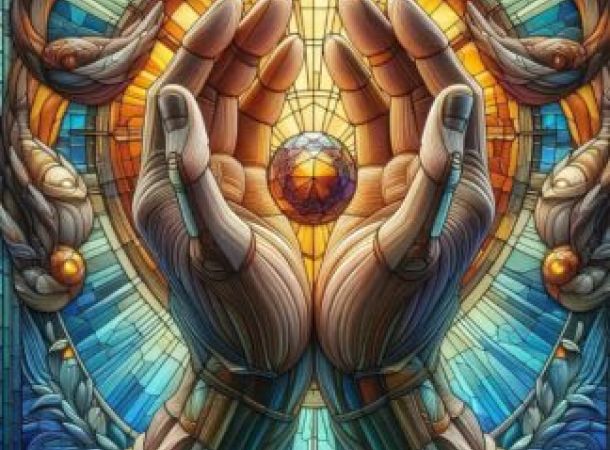Pesach
Tonight is Passover, where we celebrate our exodus from Pharaoh’s House of Bondage. The name Pharoah means “Great House” in Hebrew. Remember that human beings are houses or dwellings-either for the Spirit of God to dwell or for a habitation of darkness. The Israelites became extremely oppressed as enslaved people in Egypt, the realm of sin and death. They ended up praying for help and salvation.
Exodus 3:9: “Now therefore, behold, the cry of the children of Israel has come to Me, and I have also seen the oppression with which the Egyptians oppress them.
In Yeshua’s day, He told the people they needed to be free, and they replied, whatchu talking about? Our fathers nor we have ever been slaves.
John 8:31-33: Then Yeshua said to the Judeans who had trusted Him, “If you abide in My word, then you are truly My disciples. You will know the truth, and the truth will set you free!” They answered Him, “We are Abraham’s children and have never been slaves to anyone! How can you say, ‘You will become free’?”
Romans 6:16: Do you not know that to whatever you yield yourselves as slaves for obedience, you are slaves to what you obey—whether to sin resulting in death or to obedience resulting in righteousness?
There are two parts to humans. God created us from dust or earth and the Breath of God. Therefore, there are two parts of our nature that we obey. The earthy part of us, our thoughts, our feels, and our wants, make up the nefesh or the human part of us. The Breath of God in us is our Spirit, the part that yearns to connect to its origin. We have thoughts, feelings, and desires screaming to be heard daily. Whenever we listen to that voice and feed it, over time, we become enslaved to it. It could be a voice to lie or be crooked in some way. It could be a voice to drink alcohol or look at pornography. You could hear a voice telling you you are unworthy or that there is no hope. Whatever the internal voice tells us- if it is attached to “I think, I feel, or I want,” it is from the earthy part of our being. On the other hand, if you hear a voice of generosity, compassion, forgiveness, reconciliation, kindness, truth, patience, or selflessness, these all come from the spark of God inside of you. Once enslaved to sin, it seems we are powerless to make good choices. Paul says in Romans 7:18-20;
“For I know that in me (that is, in my flesh) nothing good dwells; for to will is present with me, but how to perform what is good I do not find. For the good that I will to do, I do not do; but the evil I will not to do, that I practice. Now if I do what I will not to do, it is no longer I who do it, but sin that dwells in me.”
Yeshua is called the Strongman, which sounds like a superhero. There is a story in all three synoptic gospels about this Strongman found in Matthew 12:29, Mark 3:27, and Luke 11:21-22;
“When a strong one, fully armed, protects his own estate, his possessions are safe. But as soon as someone stronger than he attacks and overpowers him, then he takes away the armor that he had trusted in and divides up his plunder.”
These parables tell us the story of redemption. In the Exodus, God broke the arms of Pharaoh or overpowered him;
Ezekiel 30:22: Therefore thus says the Lord God: “Surely I [am] against Pharaoh king of Egypt, and will break his arms, both the strong one and the one that was broken; and I will make the sword fall out of his hand.”
Pharaoh is the master of the Great House of Bondage. Who is the master of your house? You are. The Spirit of God, which is stronger than your nefesh, comes in and releases us from a negative cycle. You are a captive inside your heart/mind to toxic thought patterns, unhealthy desires, and feelings. It would help if you had something more potent to dwell inside of you, something that is life-giving. Yeshua was a perfect human. He fully reflected the image of God, which was the purpose given to humanity from the beginning (Gn 1.26). When we consistently mirror a different image, we become less human. Yeshua never had unhealthy thoughts or desires. When we trust in His goodness, obey His words, and imitate Him, we fill our hearts and minds with His Spirit, which is called the Helper (Jn 14.16). His Spirit helps us have an internal motivation to choose life.
Here is the process for this change of heart. Come to God and admit you need help. Second, you have to believe in your heart, and then confess with your mouth, that Yeshua is the One who got it right. The Israelites were required to place the blood of the Lamb on the doorway, symbolic of a covenant. There is a verse that the Sages are undecided on. Were the Israelites supposed to put the blood of the Lamb on the inside or the outside of the house? Rabbi Elana Zelony writes an exegesis on Exodus 12:7 for Sefaria.
(Exodus 12:7) “And they shall place it on the two side posts and on the lintel”: on the inside. You say on the inside, but perhaps on the outside (is meant)? It is, therefore, written (Ibid. 13), “And I will see the blood” — blood which is seen by Me and not by others. These are the words of R. Shimon. R. Nathan says: On the inside. You say on the inside, but perhaps on the outside? It is, therefore, written (Ibid.), “and the blood will be for you as a sign” — for you and not for others. R. Yitzchak says: On the outside — so that the Egyptians see their insides be “ripped apart!” (Mekhilta d’Rabbi Yishmael 12:7:2)
It looks like it is both. I believe a significant verse clarifies where we “place the blood of the Lamb.” The question is, is our faith a private matter, or does it require a public announcement?
Romans 10:9: For if you confess with your mouth that Yeshua is Lord, and believe in your heart that God raised Him from the dead, you will be saved.
The mouth is the doorway of your house to the outside world. Your heart is an internal doorway. For the Egyptians, sheep were an abomination, so killing a lamb, placing its blood on the lintels, and munching it for dinner was like putting an “I love Trump” sign in your front yard. They were confessing something significant to the surrounding populous, one that could have gotten them killed. It says in Matthew 10:33 that if you deny Yeshua before men, one day, He will deny you before the face of God. Telling the world that you trust in Yeshua and love God will not make you popular. In fact, it could cause some aggression toward you. That should not stop you from living your best life.
When God does answer our prayers and take us out of whatever darkness we find ourselves in, it is on Passover that we are supposed to remember. Passover was the beginning of a long journey, a lifetime of learning how to walk in obedience to the voice of the Spirit and figuring out how to rule over human nature.
Exodus 13:3: And Moses said to the people: “Remember this day in which YOU went out of Egypt, out of the house of bondage; for by strength of hand (the Strongman) the Lord brought you out of this place. No leavened bread shall be eaten. (accents added)
What are you emotionally, mentally, or physically enslaved to? I know that there was a time I self-medicated with drugs and alcohol. I was filled with anger and bitterness while feeling helpless to manage the brokenness inside and around me. I said a silent prayer, “Are you there? Do you care? Are you able to help me?
Isaiah 59:1: Behold, the Lord’s hand is not too short, That it cannot save; Nor His ear heavy, That it cannot hear.
He healed my brokenness and delivered me from my own house of bondage to anxiety and internal disorder. That is why I intentionally remember how strong and able He is to help me whenever I humbly ask for it. There is nothing special about me. He will do the same thing for you. Chag Pesach Sameach or Happy Passover!




Leave a Reply